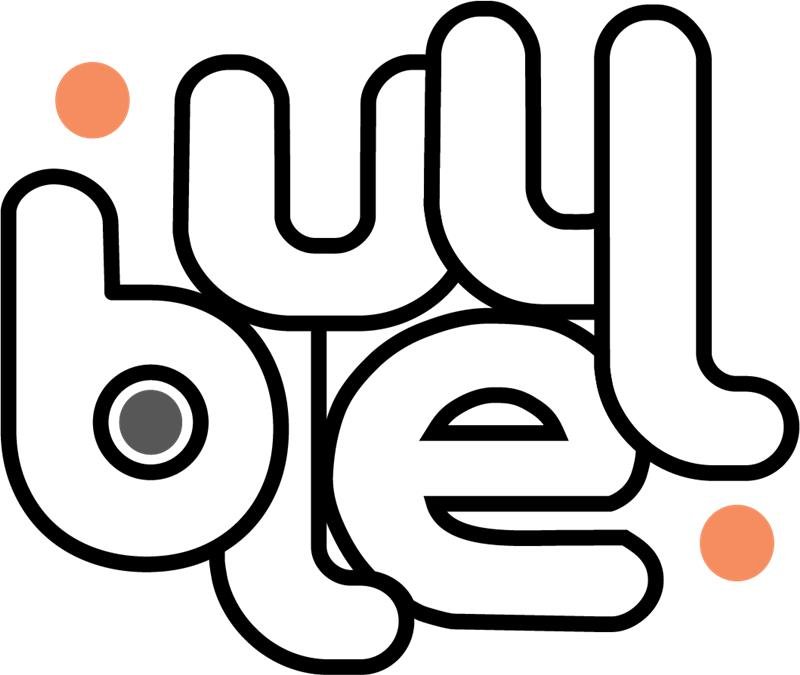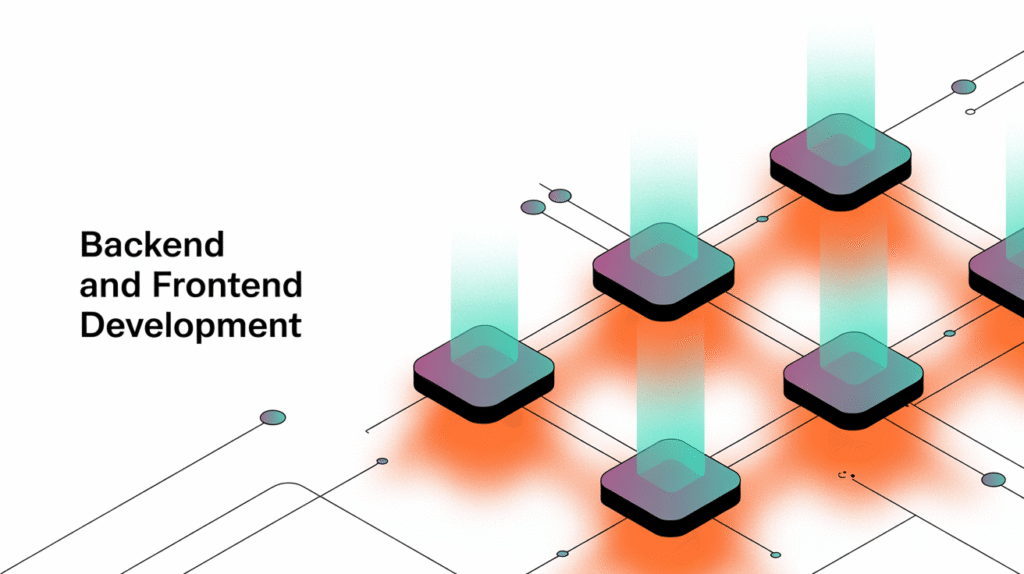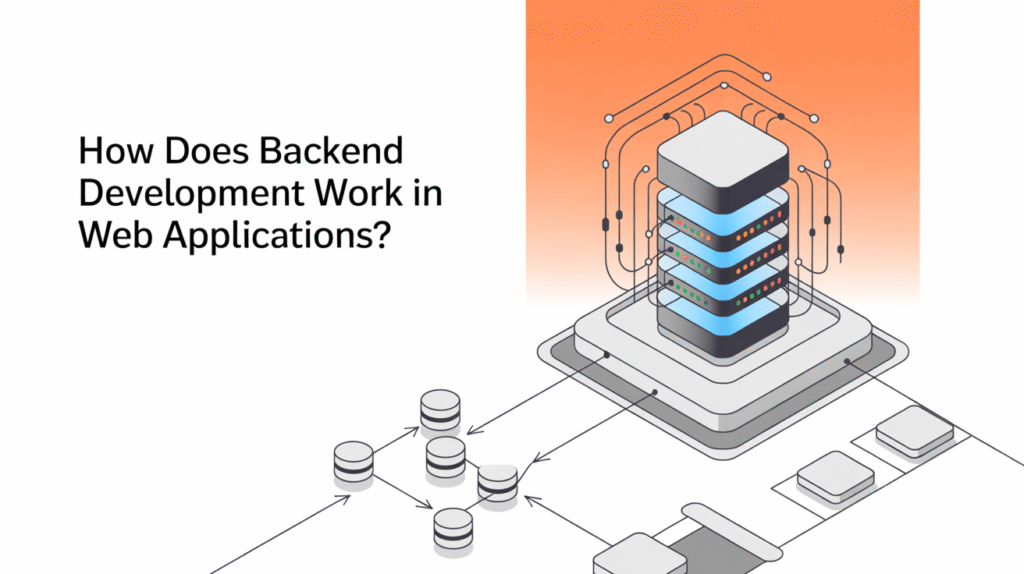- Bluell
- Blog
- Android
Swedish industry utilizing IIoT for sustainability goals
- Development
- 9 min Read
- 19 May 2025
As climate change becomes a major global concern, countries like Sweden are pushing for sustainability in all areas, but especially in the manufacturing industry. Swedish companies are increasingly using industrial IoT (IIoT) solutions to reduce carbon emissions, save energy, and encourage environmentally friendly ways of making things.
This article will discuss how Sweden’s forward-thinking companies are using IIoT to achieve their sustainability goals. It will also explore the benefits of applying IIoT technologies to create a greener future. We will also discuss how companies can use IIoT solutions to support sustainability, using actual case studies from a variety of companies.
What is Industrial IoT (IIoT)?
Industrial IoT (IIoT) collects, uses, and shares data through smart devices, sensors, and software tools in industrial environments. By allowing companies to manage and monitor data in real time, IIoT offers opportunities for increased automation, efficiency, and environmental friendliness.
The primary IIoT components include:
IoT sensors are placed on equipment to keep an eye on its performance and its surroundings.
Data analytics platforms help companies understand large amounts of data to find information they can use.
Cloud computing allows you to store and analyze large amounts of data.
Edge computing works in real time at the source, keeping latency low.
How IIoT supports sustainability in Swedish industry
Like most in the country, Swedish companies are well known for their environmental awareness. Swedish companies can not only reduce their carbon footprint but also better manage resources, consume energy and reduce waste by using IIoT solutions.
Energy management:
One of the best things about IIoT is that it helps you use less electricity. For example, smart devices can track how much energy is being used in real time and provide useful information on how to reduce usage during off-peak hours. This helps companies meet Sweden’s green energy goals.
Waste reduction:
IoT devices monitor the industrial process to ensure that as little waste as possible is created. Swedish companies can reduce production waste by ensuring that raw materials are used efficiently and keeping an eye on areas where they are not performing well.
Sustainable production:
IIoT allows manufacturers to switch from old ways of doing things to more environmentally friendly ones. This helps companies comply with environmental laws such as the Swedish Climate Act.
Key IIoT applications for sustainability
A number of IIoT applications have been very helpful for Swedish companies to achieve their environmental goals. We will look at some specific use cases that are making a real difference below.
Energy efficiency
Energy efficiency is a very important part of being sustainable. By using IIoT devices, industries can monitor their energy consumption in real time and improve energy-intensive operations. Companies can modify their equipment to use less power when not in use, therefore optimizing energy resources.
Using IIoT technology, Swedish mining company LKAB has tracked and upgraded the energy usage of its mining equipment. Thanks to IIoT, they have been able to maintain production while reducing energy usage by 25%.
Predictive maintenance
Predictive repair is one of the most important ways that IIoT helps the environment. Sensors in this technology keep an eye on the health of equipment and can tell when it breaks before it does. Swedish companies can do the following with planned maintenance:
Reduce unplanned repairs and downtime
Make machines last longer so you don’t have to buy as many new things.
Reduce the amount of waste that comes from broken machines or processes that don’t work well.
Within its industries, the Volvo Group, a leader in the Swedish automotive industry, uses IIoT to do predictive maintenance. This approach has reduced the carbon footprint of manufacturing and replacing equipment by 15% and reduced maintenance costs by the same amount.
Waste reduction
IIoT helps companies reduce waste in both the production process and resource usage. For example, sensors can identify wasteful ways to use materials. This ensures that raw materials are used as efficiently as possible, reducing the amount of waste in the industry.
SSAB, a Swedish steel company, has started using IIoT in the steel industry to make it more environmentally friendly. By closely monitoring its energy use and waste, SSAB has significantly reduced its carbon emissions. By 2045, the company hopes to be able to produce steel without relying on any fossil fuels.
Case studies of IIoT implementation in Sweden
In Sweden, IIoT technologies are already helping a number of different areas. Let’s take a closer look at two important cases.
Volvo Group
The Volvo Group was one of the first companies to use IIoT in its production methods. The company monitors machine performance, optimizes energy use, and reduces waste by using smart sensors and data analytics. As a result of Volvo’s predictive maintenance approach, less equipment has broken down and the production line is running better and using 30% less energy.
Volvo has also added IIoT systems to its logistics network to track vehicle emissions and find the best transport routes, helping the company meet Sweden’s 2030 climate targets.
SSAB
Another Swedish company that is leading by example in using IIoT is SSAB, a steel manufacturer. By 2045, SSAB aims to be completely fossil-free; so it monitors energy use in its factories using IIoT technology. Through its Hydrogen Breakthrough Ironmaking Technology (HYBRIT), SSAB is reducing carbon emissions via IIoT. The startup aims to replace coal with hydrogen in steelmaking.
Challenges and opportunities for IIoT adoption
Although there are many advantages to IIoT, certain problems must be solved before it can be generally applied in Swedish companies.
High initial costs
Setting up IIoT systems can be expensive, especially for small and medium-sized businesses. However, government programs like Klimatklivet help companies cover the costs of these initial investments, making IIoT growth more likely.
Cybersecurity issues
More devices connected to the internet increase the likelihood of cyberattacks. Strong cybersecurity tools should be in place to protect private information and prevent problems.
Integration with legacy systems
Many companies in Sweden are still using legacy technology that may not work with new IIoT technology. However, relationships with technology companies such as ABB and Ericsson make it easier for companies to connect IIoT systems to the infrastructure they already have.
Table of contents
Contcat us
Book a call or fill out the form below and we will get back to you once we have processed your request.




